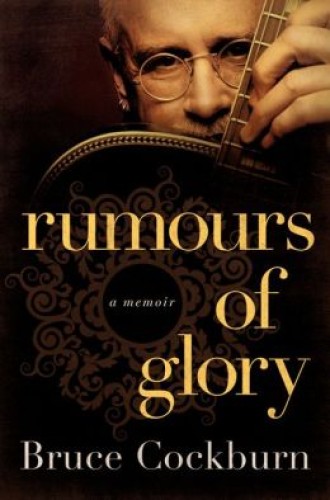Praying strings
Some things generally known about the great Canadian singer-songwriter Bruce Cockburn: he’s recorded more than 30 albums of his jazz-rock-folk-pop songs, he’s a masterful guitar player (legend has it that when Eddie Van Halen was asked what it felt like to be the greatest guitarist in the world, his reply was “I don’t know, ask Bruce Cockburn”), he is eloquent about his own brand of mystical Christianity, and he is a passionate, well-traveled activist, especially for environmental causes and against wars.
Some things hardly known about Cockburn and revealed in his articulate, thoughtful, sweeping autobiography: he is an avid gun collector and enjoys shooting competitions; he has all his life been so reserved and shy that he still is uncomfortable with crowds, with pretending to be a star, and with being “open enough to allow another human beyond the courtyard of my heart”; he was so hapless musically as a child that his teacher gave him sticks to bang together in lieu of wasting an instrument on him; and at least twice he has been visited by a presence he believes to have been Jesus: “invisible to the eye but as solid and obvious as any of the people in the room. . . . I felt bathed in the figure’s energy. . . . The presence was real, male, and loving.”
Century readers may be most interested in Cockburn’s complex spirituality. He is a devout Christian who detests religiosity and fundamentalism, is enraged by violence in God’s name, and wanders into churches and chapels worldwide, hoping for peace and epiphany. Religion is no fixed abode for him (nor has he ever called one place home for long; he now lives in San Francisco). He is a wandering minstrel in the ancient tradition, but one able to reach many millions of hearts and souls in the wild new world of modern technology.





